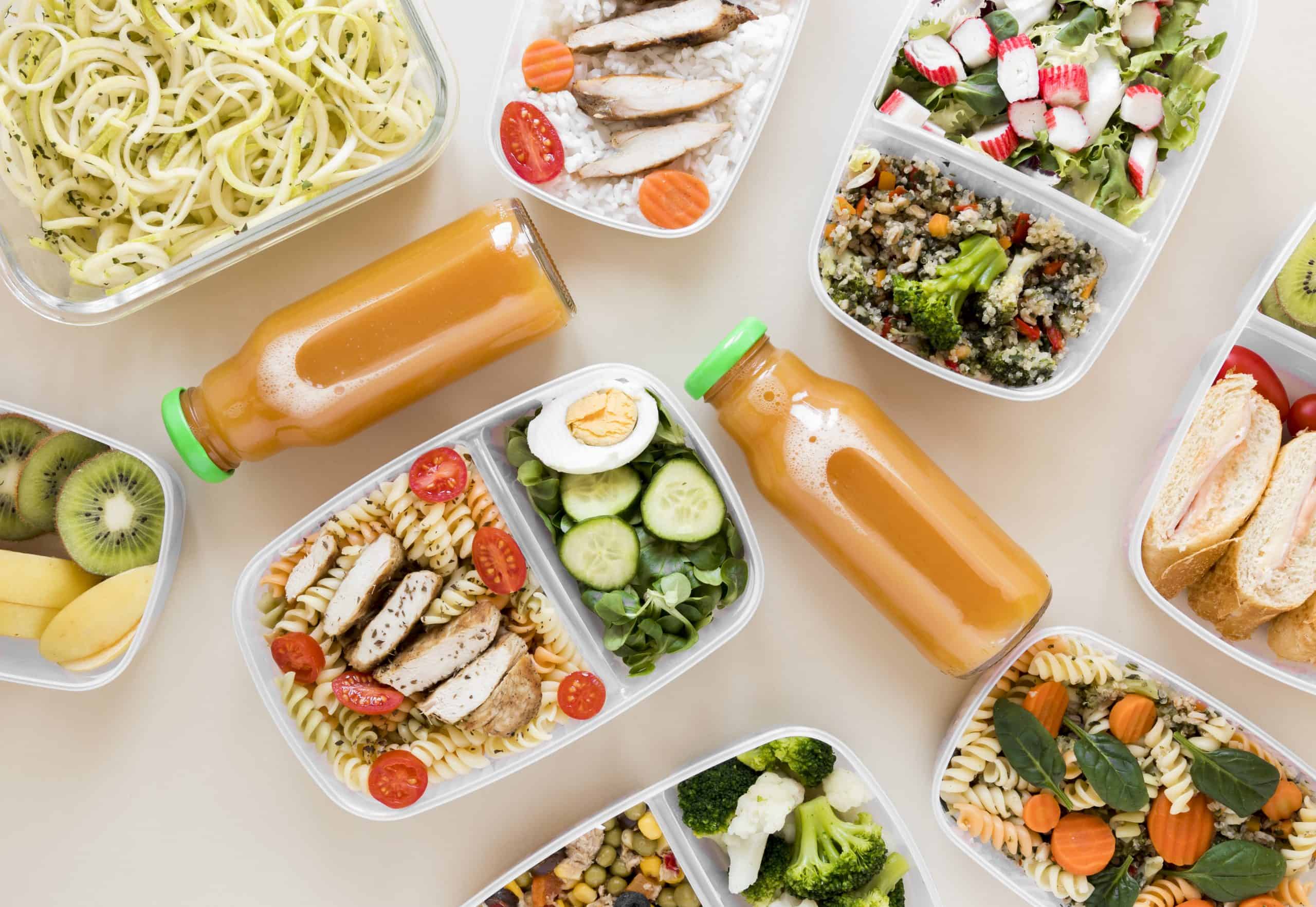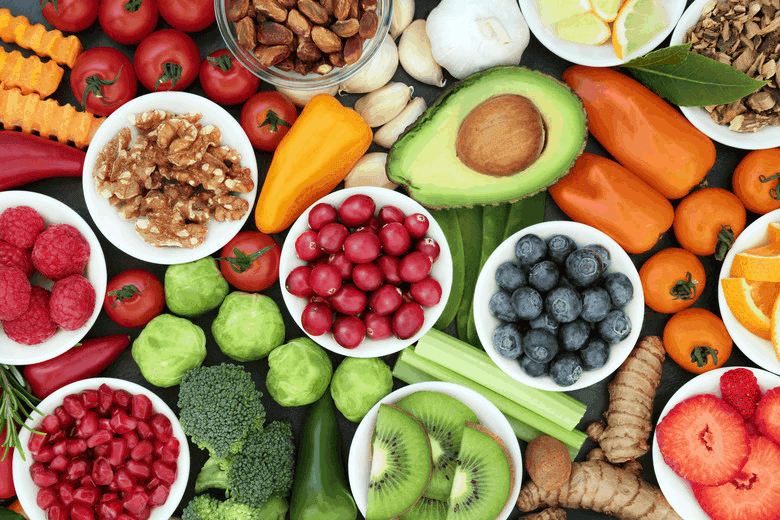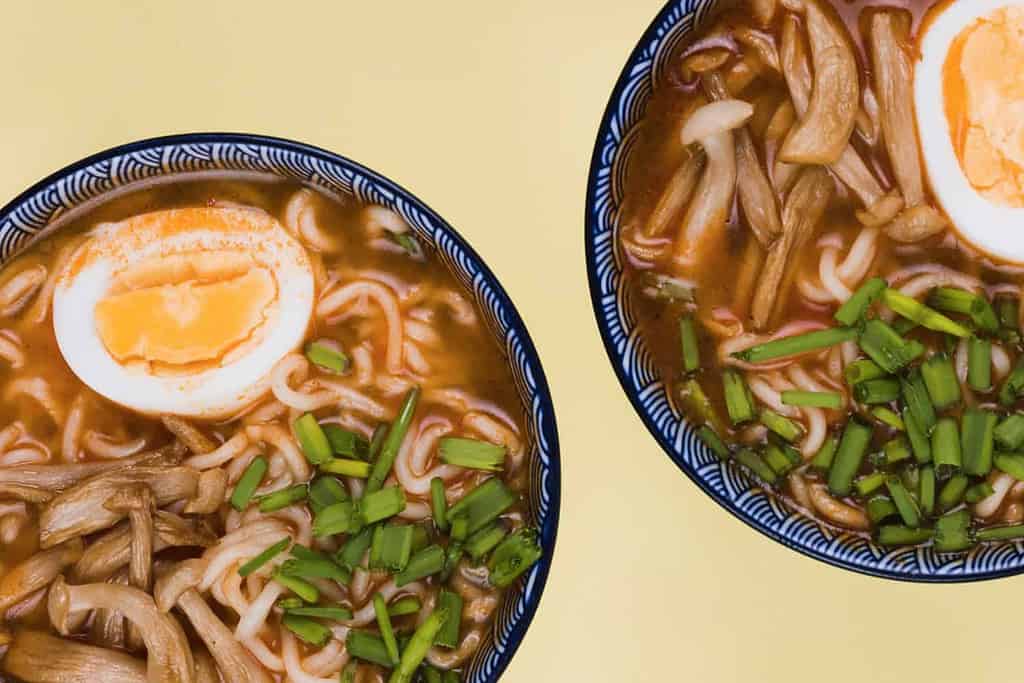Nutrition for Immunity

Every morning I wake up to messages on all my Whatsapp groups proclaiming XYZ food substance as the new superfood which will make me immune to COVID-19. Don’t you get these messages too? If I had even a tiny inkling of their potency, I would have brewed the ultimate decoction of all these so-called “superfoods” and sold them to anyone who I could convince. But alas, I ain’t an orange-dhoti-clad bearded yogi! I wonder if these immunity-boosting foods really work as they claim. To clear all doubts, I decided to have a chat with our in-house dietician and nutritionist, Gauri Shingote to help us demystify nutrition for immunity.
Human Immune System
Our immune system is a network of intricate stages and pathways in the body that protect us against harmful microbes and diseases by recognising foreign invaders. We have discussed in much detail about the functioning of the immune system in our previous blog. So, let’s discuss how far does food actually affect the functioning of the immune system and which are the nutrients we need to boost it.
Gauri shed light on the fact that our digestive system has a direct connection with the immune system. The crucial position of the gastrointestinal system makes it home to a lot of lymphoid tissue representing almost 70% of the immune cells of our body. It is the main route for daily contact with the external environment and is overloaded daily with external stimuli, which includes food and even pathogens. The mucus cells lining the intestine trap pathogens. The stomach acids and bacteria in our gut destroy pathogens every day. Thus, what we eat directly impacts our gut health and ultimately our immunity.
Nutrients and Supplements

Additionally, each stage of the body’s immune response relies on the presence of many micronutrients which are critical for the growth and functioning of the immune cells. Vitamin A, B6, C, D, E, zinc, selenium, folic acid, iron and protein are some of the nutrients which build the immune cells. These nutrients help the immune system by working as antioxidants to protect healthy cells, support growth and activity of immune cells, and produce antibodies. A deficiency of any of these nutrients can alter the immune response of the body. Does that mean we rush to take nutritional supplements from the chemist?
“No,” says Gauri, “One should only take nutritional supplements if one has been found to have a deficiency by a lab test or if a doctor recommends it.” There has always been a strong connection with flu season and increase in sales of Vitamin C supplements. However, clinically, the intake of Vitamin C alone has not shown any clinical effects in the therapy of common cold. That does not mean Vitamin C doesn’t build your immunity. It does, and so do all the nutrients that you can get by having a balanced diet consisting of a range of vitamins and minerals.
A Diet to build Immunity
“Traditionally, in most Indian households, food changes as per the season.” Currently, with monsoon setting in, everyone is adding ginger to their tea and to their food. And as mangoes exit, our fruit platters are being filled by cherries, litchis and peaches. In winters, we drink warm haldi doodh (turmeric milk) before bedtime. Every family has their own “secret” kadha recipe which mothers force children to have when the season changes. These are traditional ways of getting a variety of nutrients for our body. Gauri emphasises on eating seasonal, local and fresh foods. The more colour on your plate, the better, as it ensures we get a variety of micronutrients. Diets which are dominated by ultra-processed foods, refined sugar, red meat, like most western diets, are detrimental to the healthy microorganisms in the gut and are associated with gut inflammation and reduced immunity. A diet which is rich in whole fruits, vegetables, lean proteins, whole grains and plenty of water is the optimum diet for your boosting immunity.

Moreover, it is important to know how to eat these foods. The less processed your food is, the more nutrient-dense it will be. So, don’t strain out the fibre from your fruit by juicing them. Prebiotic fibres are the food for the healthy gut bacteria. Also, fresh fruits, especially berries, are extremely rich in phytochemicals which aid immunity. If you cannot get your hands on fresh berries, then the Indian Gooseberry or Amla is a great addition to your diet. Additionally, eat salads, albeit after sanitising the raw vegetables well. Make sure you have sufficient probiotics like yoghurt and other fermented food in your diet as these promote gut health. If you eat meat, make sure it is cooked properly as proteins need to be broken down to be digested properly by our body. If you are a vegetarian, make sure you get your protein intake from legumes, lentils, pulses and milk products as proteins are the building blocks of all our cells. Immunoglobulins or antibodies are built of protein and are critical in the recognition and destruction of antigens.
Gauri is a strong believer in eating traditional foods and encourages all her clients to eat food that their family has been eating for generations, with variations based on the client’s medical conditions. Another noteworthy point that we discussed was on storing food. People store food in the refrigerator for days and then reheat to eat it. Generally, it is discouraged by most nutritionists. The process of reheating reduces the nutrient content in your food and could also be a cause of deficiencies even when you are seemingly eating a colourful diet. “As much as possible,” says Gauri, “consume food within 24 hours of cooking it.”
The design of our immune system is complex and is affected by many factors, not just diet, and especially not by any one specific food or nutrient. However, a balanced diet combined with healthy lifestyle factors like adequate sleep, exercise and low stress, is most effective in helping the body fight infection and disease.
Here is a simple recipe which is perfect for the monsoon and is a balanced meal to boost your immunity.
Easy Homemade Ramen

Ingredients (serves 2):
4 cups of vegetable stock(carrot+onions+celery+garlic) or chicken stock 1/3 cup soy sauce 1 tbsp mirin 2 tbsp vinegar 1 inch ginger sliced 1 bird eye chilli/kasmiri red chili 10-12 button mushrooms 1 cup sweet corn kernels 1/2 cup moong sprouts 1/2 cup broccoli florets 1/2 cup spring onions (bulb and greens) (optional) 1/2 cup boneless chicken (boiled and shredded)/1/2 cup shrimps 2 eggs soft boiled 10-12 garlic cloves Noodles of your choice Salt and pepper to taste Oil for cooking
Methods:
Steam the corn, broccoli, and moong sprouts separately and keep aside.
Heat oil in a wok/kadhai and add mushrooms. Saute till they shrink and turn tender. Remove and keep aside.
In the same wok add ginger, garlic, whole red chilli and spring onions (without the greens) and saute till the onions turn translucent.
Now add the soy sauce and mirin. And immediately add the vegetable/chicken stock. Add the meat at this stage (if using).
Add the vinegar and let the broth come to boil. Cover and simmer on low heat for 4-5 minutes.
While this is boiling, cook the noodles as per the packet instructions and drain and keep aside.
Add salt and pepper to the broth as per your taste and take it off the flame.
Place the mushrooms, corn, sprouts, broccoli, halved egg, noodles in a big bowl and pour the broth (with the meat) over these.
Serve piping hot. Garnish with spring onion greens, toasted sesame seeds and some fried garlic.
If you do try this recipe, do share a photo with us on Instagram and don’t forget to tag @moushuspilates!
Do you want to work on your immunity? Join our online PilblogLinkates classes and get a free consultation with Gauri Shingote.
